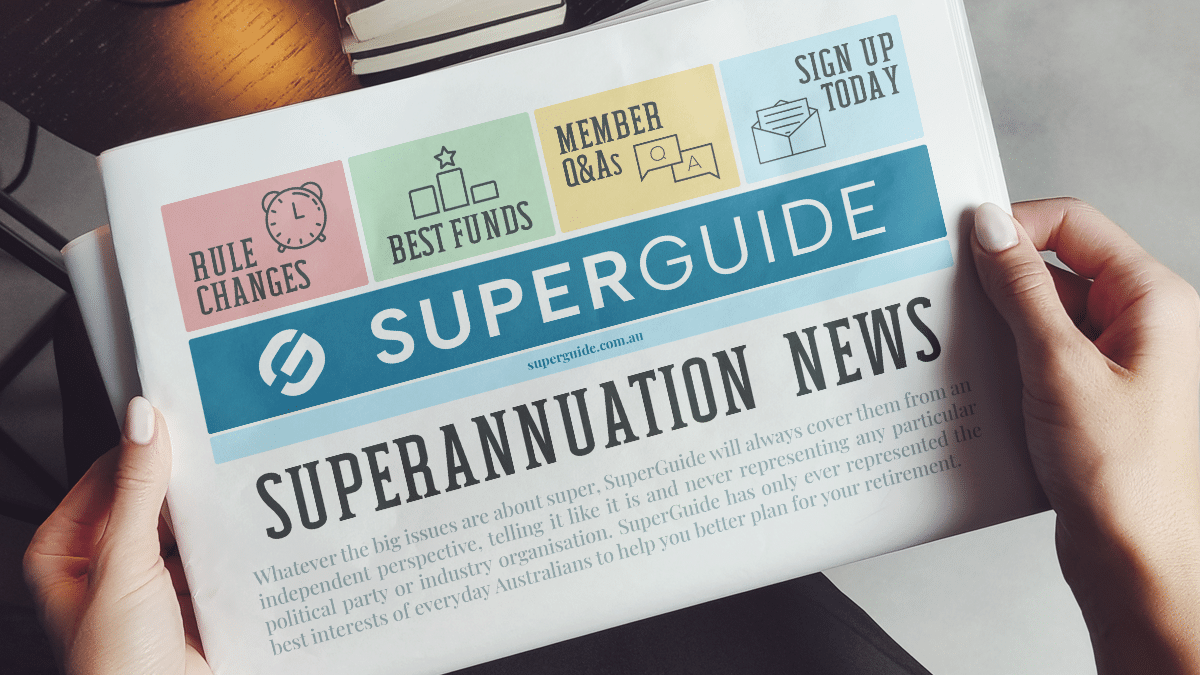
SuperGuide members Q&A: June 2023
Thursday 22 June 2023 at 11:00 am AEST
In this webinar super expert Garth McNally will answer recent questions from SuperGuide members.

Q: I have an unused concessional cap carried forward of around $100,000. I plan to progressively make salary sacrifices to reduce this. I would like my payments to be applied against the oldest caps before they expire. Do I need to apply for this or will my salary sacrifice be applied automatically against the oldest caps? Do I apply to ATO, my super fund or my salary officers? What form do I need to fill out? Do I need to apply every year?
A: The ATO is responsible for administration of the unused concessional cap carry forward. You don’t need to notify anyone or complete any forms to use the scheme.
If you have unused cap available and you exceed the standard annual concessional cap in a financial year, the ATO will automatically use your available unused cap from prior years to prevent you from generating excessive contributions. The oldest cap is used first.
For example, if you contribute $37,500 in concessional contributions this financial year, including your employer’s contributions and your own salary sacrifice, you will exceed the standard annual cap by $10,000. This will trigger the ATO to look back at your unused caps. They will reduce your unused cap amount by $10,000, first drawing from the 2018/19 financial year (the oldest cap available). If the unused cap from that year is lower than $10,000, they will move on to draw the additional amount required from 2019/20, and so on, always using the oldest cap first.
Remember that your total super balance must be lower than $500,000 on 30 June to use carry forward in the following financial year. It is important to check at the start of each financial year that you remain eligible for the scheme before planning your concessional contributions for the year.
Read more about how carry forward (catch up) super contributions work.

Self employed? Lacking the support of employer super contributions is a major contributor to below-par super balances. If you’re not already making contributions for yourself, it’s time to think about it.
Learn about contributions for the self employed.
Important: All information on SuperGuide is general in nature only and does not take into account your personal objectives, financial situation or needs. You should consider whether any information on SuperGuide is appropriate to you before acting on it. If SuperGuide refers to a financial product you should obtain the relevant product disclosure statement (PDS) or seek personal financial advice before making any investment decisions.
2026 SMSF calendar
Our free calendar includes due dates for important documents plus suggested dates for trustee meetings and other strategic issues for your SMSF.
"*" indicates required fields




